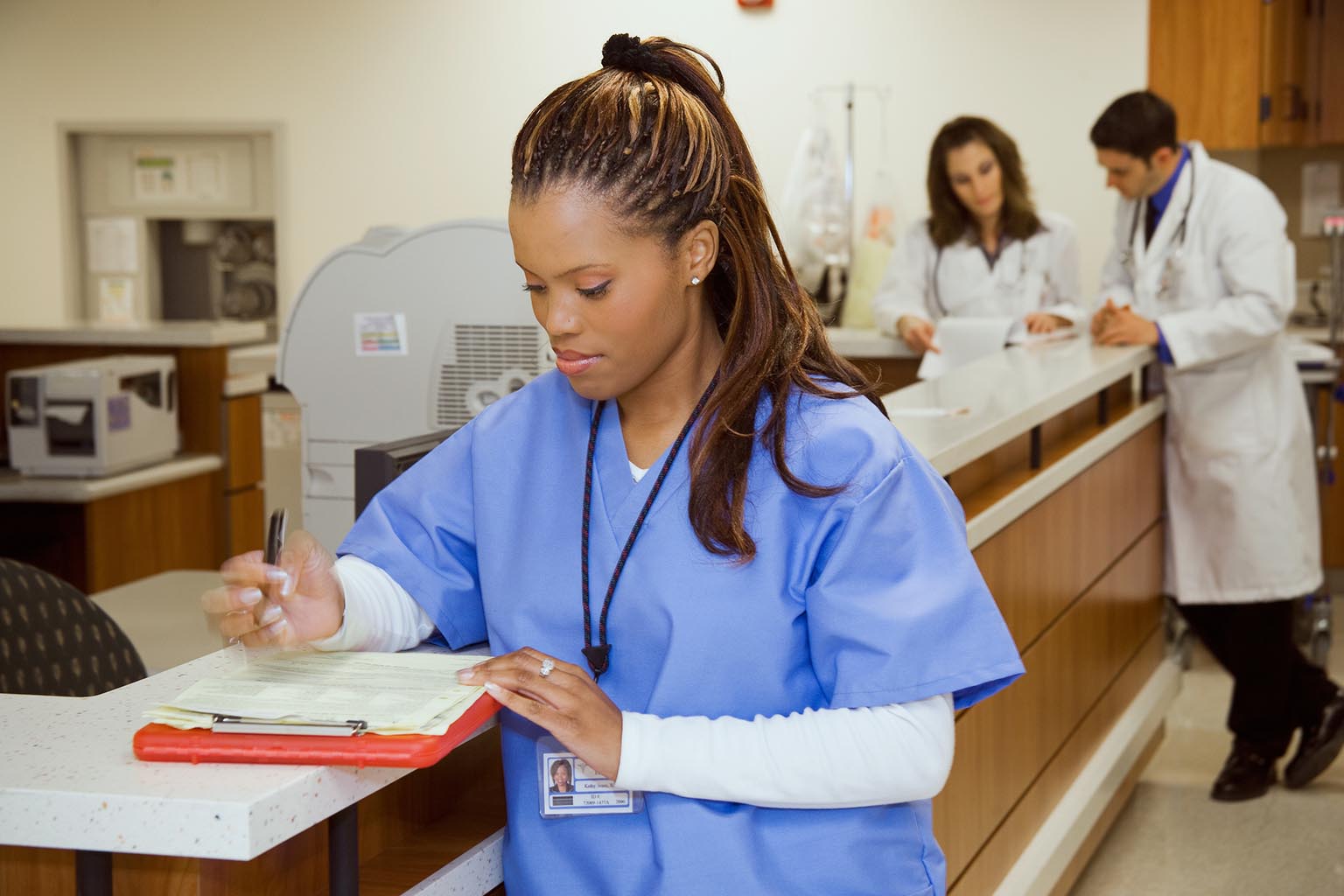Once again, they’ve risen to the challenge by using science, innovation, and evidence-based practice to care not only for critically ill patients with coronavirus (Covid-19) but for those struggling to manage chronic conditions at home, for communities with limited access to care, and for those with other health-related challenges.
Nurses know best
As nurse leaders, it’s important to encourage nurses to ask questions aimed at improving how they and other clinicians provide care and manage conditions. These questions come from a unique perspective because nurses spend hours caring for and communicating with patients and their families, so they know patients best. Their unique perspective provides valuable insights into signs and symptoms, treatment preferences, response to treatments and so much more. Therefore, it’s important for nurses to lead nursing and interdisciplinary research and quality improvement initiatives that bring about changes in healthcare to improve quality and safety, lower costs, and improve patient outcomes.
Combining science with insights
Nurses used science and their unique insights many times during the pandemic to drive patient care. When studies showed that proning improved oxygenation in critically ill patients with Covid-19, nurses formed teams to systematically prone patients to minimize complications associated with repositioning. Nurse scientist continue to study a variety of issues surrounding Covid-19, such as the psychological impact of caregivers of Covid-19 patients; the stress associated with social distancing; and the effects of Covid-19 on the homeless population, children, women who are pregnant, and patients with cancer (Sun 2020).
Nurses have also been studying measures to conserve and maximize limited healthcare resources, including staffing. For example, when critical care units were pushed beyond their staffing capacity, nurses turned to a team-staffing approach like the approach that was popular before the emergence of primary nursing care. This approach enabled facilities to mobilize staff from elective care areas to assist with the care of critically ill patients. However, nurses didn’t just implement team nursing. First, they identified a problem, and then asked the question, how can we deliver care better now that we’re stretched to the limit? They looked at prior evidence, and critically assessed what others had done, looking at their successes and failures. They needed to move quickly but they didn’t take nursing science out of the equation.
More than putting initiative into action
Implementing a new strategy takes more than just putting a new initiative into action. It takes asking questions before, during, and after implementation. What’s the problem? What can we do better? Is what we’re currently doing working? As nurse leaders, we need to empower each member of our staff to ask such questions and to participate in research, and refining processes using evidence to support change.
Write on!
We need to encourage nurses to write about and share their scientific work. Why? Because doing so:
- Allows staff to refine their thinking, justify their hypotheses, and validate their observations
- Spreads innovations that can be used and refined by others
- Prevents others from repeating mistakes
- Reduces waste of health care resources by preventing others from duplicating research in well-established areas
- Provides a return on investment, for the time, effort, and money spent on the work
- Encourages networking with experts in specific care areas (SQUIRE 2020)
As you can see, it’s important to promote science in nursing, after all it’s the foundation of nursing practice, and it improves healthcare quality and safety and improves patient outcomes. What are you doing at your facility to promote science in nursing?





